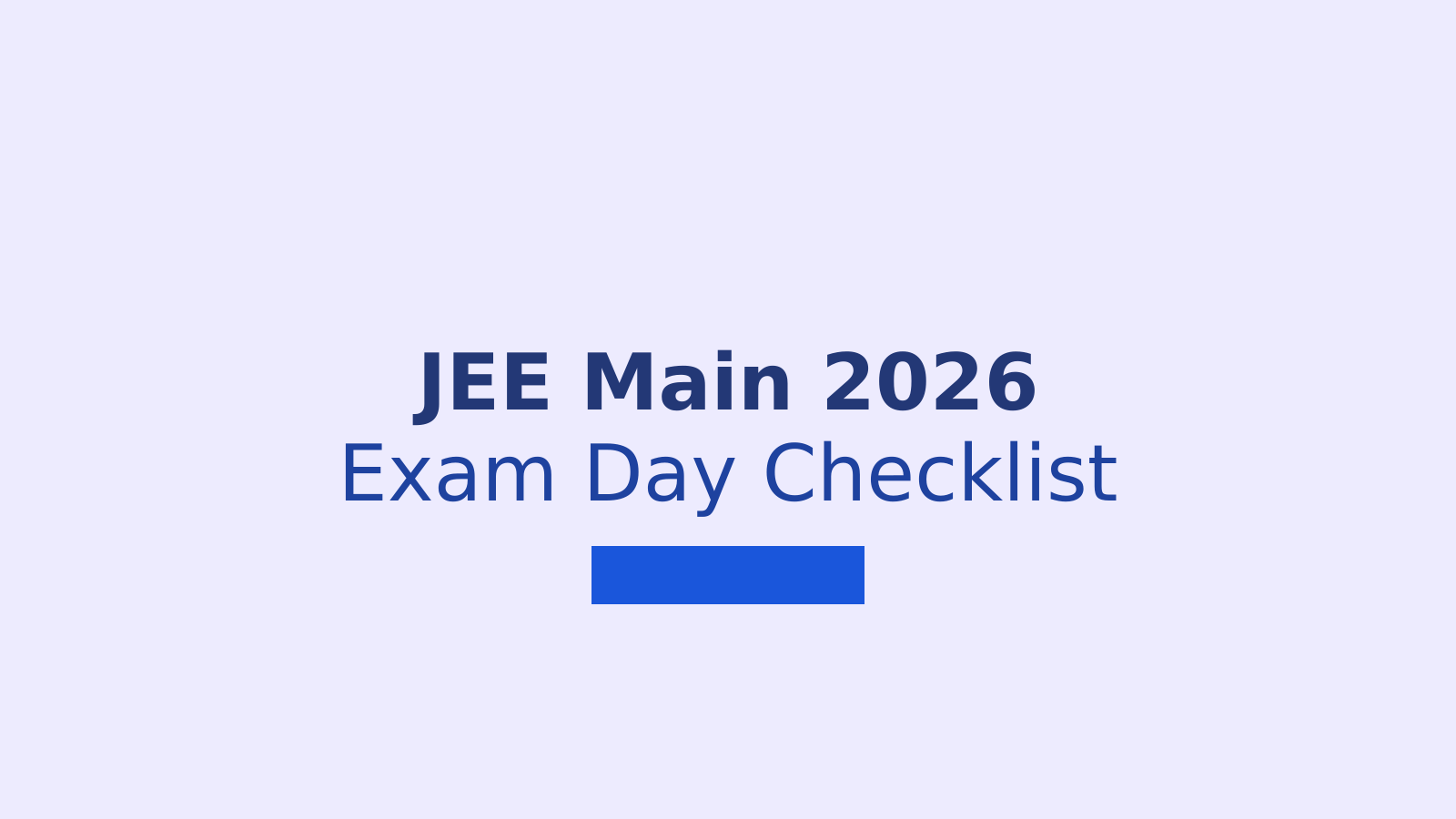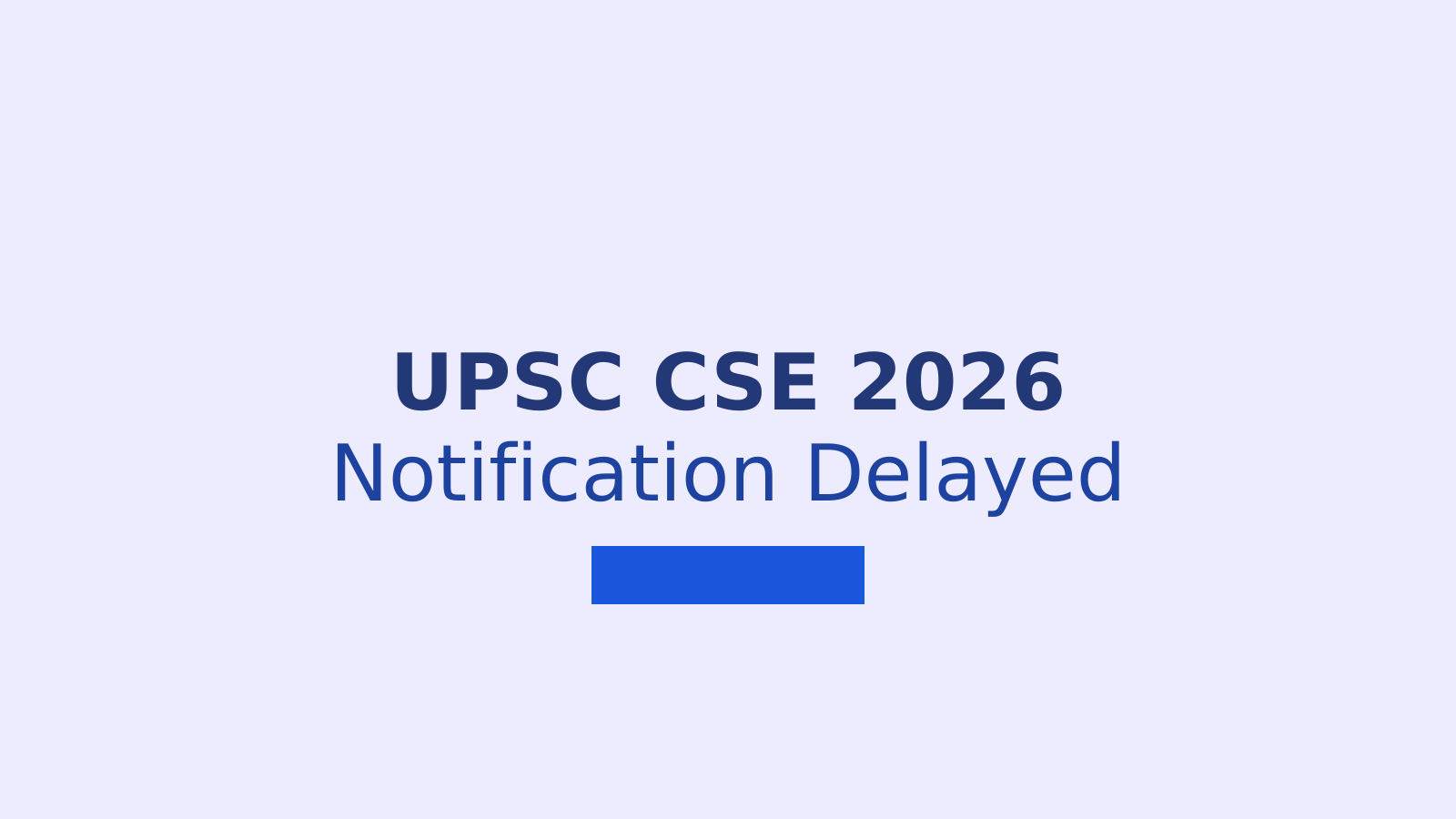Rajasthan's Coaching Centre Bill: A Step Forward or Backward for Students?
Rajasthan's new Coaching Centre Bill aims to protect students, but may not address deeper issues in the coaching industry. We explore its potential impact and what's missing from the regulations.
AC Team

The recent Rajasthan Coaching Centres (Control and Regulation) Bill, 2025 has sparked a heated debate about its impact on students. While it aims to protect students, some worry it may fall short. Let's dive into what this bill means for young learners and the coaching industry.
What's in the Bill?
The new law tries to control coaching centers by:
- Making them register officially
- Limiting classes to 5 hours a day
- Banning tests on Sundays
- Offering extra help for struggling students
- Providing counseling
- Allowing refunds if students leave
- Punishing centers that break rules
These rules sound good, but can they really fix the big problems in coaching centers?
The Dark Side of Coaching
Sadly, many students in coaching centers face tough times:
- Feeling lonely and stressed
- Worrying about wasting their family's money
- Missing out on friendships and fun
- Focusing only on cracking exams, not real learning
Some students even think about hurting themselves because of the pressure. The new law doesn't seem to address these deeper issues.
What's Missing?
The bill dropped some important ideas:
- An age limit of 16 years for joining coaching
- Entrance tests to check if students are ready for coaching
These could have helped protect younger kids from the stress of intense coaching too early.
The Bigger Picture
The coaching industry has some big problems:
- It makes regular school seem less important
- Some centers help students cheat by faking school attendance
- It focuses too much on science and math, leaving out other subjects
- It creates a lot of pressure to pass specific exams
The new law doesn't really fix these deeper issues.
What Do Students Need?
Instead of just regulating coaching centers, we should think about:
- Improving regular schools so coaching isn't needed as much
- Helping students explore different interests and careers
- Reducing the pressure of entrance exams
- Teaching life skills, not just exam tricks
The Way Forward
While the Rajasthan bill is a start, it's not enough to solve the real problems. We need to think bigger about education and how to help students grow into happy, successful adults – not just exam-taking machines.
What do you think? How can we make education better for all students?



